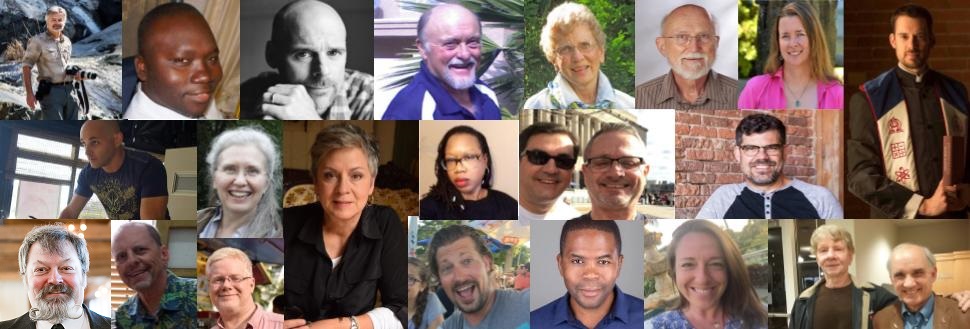
Gretta Vosper
I am one of the lucky ones and am able to be honest about my beliefs in the congregation I serve, a congregation of The United Church of Canada. I have served West Hill, www.westhill.net, for fifteen years. About three years into my ministry there, I was awakened to the reality that many of my congregants had not assimilated the progressive “metaphorical” understandings of Christianity that I had been exposed to throughout my life, had reinforced and strengthened in my theological training, and shared with them through my sermons. The reason was the archaic symbols and language integral to everything else that wrapped the sermon in the rest of the service. Recognizing the duplicity at the core of my leadership should I continue to allow Christian language and terminology to be understood one way by me and another by the people in the pews, I realized I could no longer lead the congregation. So I shared my struggle with by Board who, to my surprise, became excited about the prospect of journeying in a new direction. And we headed out into uncharted territory.
Over a decade later, we are one of the few, if not the only, congregation in the United Church and perhaps in the world that functions with a clear commitment to creating a community in which individuals can embrace the task of creating and celebrating meaning in their lives without any attribution of authority to anything other than the values by which they claim they wish to live. We do not privilege the Bible, the life and/or stories of Jesus, or use the word “god” recognizing that to do so would undermine the rest of the magnificence of the human story.
The congregation is now made up predominantly of atheists and refugees from other denominations. We’re responsible for creating a few refugees ourselves, of course, losing a significant number of our members over various changes in the Sunday service experience, the loss of language and familiar scripture passages, etc. They have found spiritual nurture elsewhere which is framed in the extrinsic elements of Christianity which they need. But the rewards for us have been great and those who have found their way to our community are passionate about the journey we are on, a journey that, I hope, will make yours a little easier.
Twice I have been threatened with heresy charges. One attempt failed on the floor of presbytery by 3 votes with a majority of the presbytery abstaining. The second attempt was stymied when the person wanting to bring charges against me found out that the congregation actually supported the work I am doing. I do experience hostility from some of my colleagues and fellow presbyters, some of whom refuse to greet me or shake by extended hand. But my travails are few compared to what many have and do experience.
HarperCollins published my book in Canada in 2008. With or Without God: Why the Way We Live Is More Important than What We Believe became a bestseller fairly quickly, an indication that the topic is one many are interested in. A second book, Amen: What Prayer Can Mean in a World Beyond Belief will be published this March. Unfortunately, neither book currently has a publisher in the US although they are available there through Amazon.ca, not .com.
I live with my partner, Scott, a former evangelical who serves as the music director at West Hill. Scott’s former incarnation included writing a lot of music for use in bands that he led and with which he toured, doing the Lord’s work. The unravelling of his faith precipitated also the loss of his music but, at the launch of the Canadian Centre for Progressive Christianity, something happened and the log jam broke. He has since written many pieces in a contemporary Christian style, that reflect the values we lift up and eschew any doctrinal message.

